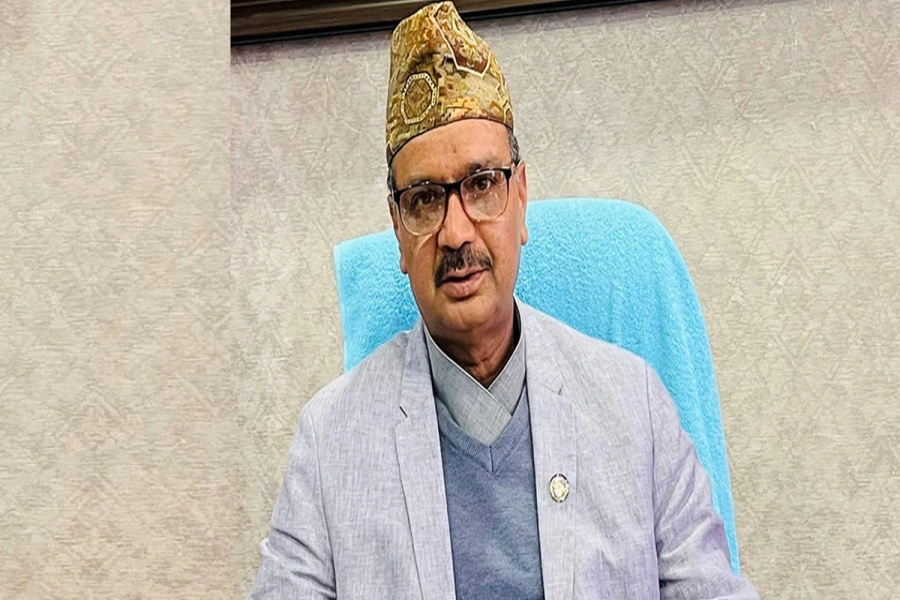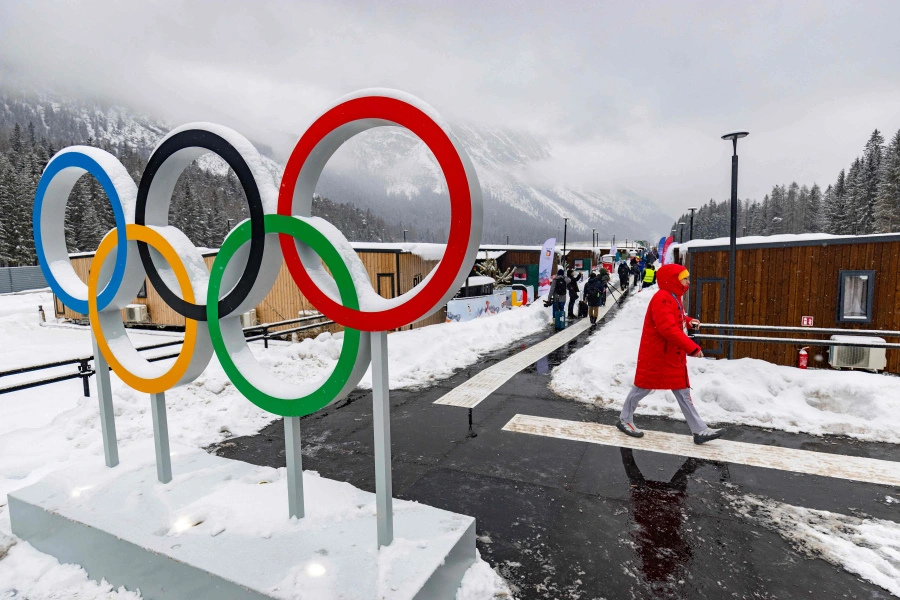BERLIN, July 16: Chancellor Angela Merkel's challenger in Germany's national election called Sunday for the government to be obliged to invest a set amount in infrastructure such as roads, railways and schools.
Under Merkel, Germany has made it a priority to stop running up debt but has faced criticism for spending and investing too little. Center-left challenger Martin Schulz of the Social Democrats is struggling to dent a double-digit poll lead for Merkel's conservatives ahead of the Sept. 24 parliamentary vote.
Schulz said the "debt brake" already enshrined in Germany's constitution to curb borrowing should be complemented by an obligation to invest a certain quantity in infrastructure. His Social Democrats gave no specific figure but said it would be "oriented toward the budget's room for maneuver."
DPM Shrestha urges Chinese investors to invest in Nepal's infra...

"The state, and that is right, is not allowed to run up unacceptable deficits," Schulz said in Berlin. "But then ... it must also use its money to improve public infrastructure according to binding specifications."
"What is more important to us: Handing out tax gifts to the rich, or ensuring that rain doesn't drip through the school roof?" he asked.
Schulz also called for an "opportunity account" for employees, with an "opening deposit" from the government, which could be used to finance new qualifications or other things.
Schulz's focus on "social justice" and addressing perceived economic injustice has yet to ignite with voters. His party is currently the junior partner in Merkel's governing coalition — an arrangement both want to end.
Merkel's conservatives have accused him of talking down Germany's strengths, and the chancellor says the problem with investment is not that money isn't available but that planning processes are too slow.
In his speech Sunday, Schulz, a former European Parliament president, also said he would insist on the future European Union budget being based on "solidarity" — a swipe at countries such as Poland and Hungary that have refused to take in refugees.
"Those who don't take in refugees; those who, for example, engage in ruinous tax competition ... cannot expect our solidarity," he said. "I want a strong European budget, but if it is not based on the principle of solidarity, I will as chancellor veto it."




































